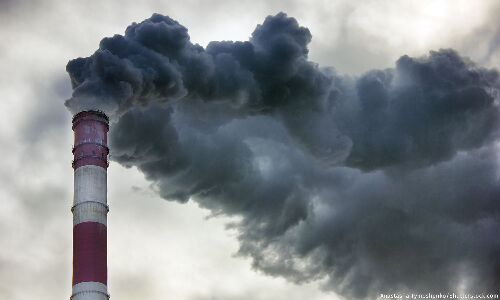In 2021, over 100 countries signed on to the Global Methane Pledge to cut emissions by 30 per cent compared to 2020 levels by 2030. Even though it is useful, stringent policies to eliminate methane emissions are still missing.
The first global review of methane policies which have been adopted across the world since the 1970s reveals that only around 13 per cent of man-made methane emissions is regulated by policies capable of controlling and preventing them.
This falls to 10 per cent if we take a conservative view of the total emissions and regions covered by specific policies. These policies may mandate companies to find and fix methane leaks, install equipment which can capture emissions, charge them for every unit of methane released or reward them for making use of methane, like extracting biogas from rotting food and other organic waste. Studies showed that the majority (70 per cent) of policies have been adopted in the US and Europe.
Methane is over 80 times more powerful in trapping heat in Earth’s atmosphere than CO2 but lasts for a much shorter time.
Since methane in the air breaks down within about a decade (compared to centuries for CO2), phasing out emissions could rapidly reduce the rate at which the planet is heating.
Not only does the gas contribute to climate change, but it can also generate tropospheric ozone – a harmful air pollutant. Methane is also a safety hazard if its concentration in the air reaches an explosive range.
But if it is captured, methane becomes a source of energy as the major component of natural gas, so regulating methane can be useful.
Policies targeting methane emissions from the oil and gas sector tend to be more stringent than those targeting coal mines.
Similarly, policies targeting methane emissions from solid and liquid waste are more stringent than those addressing livestock emissions.

















